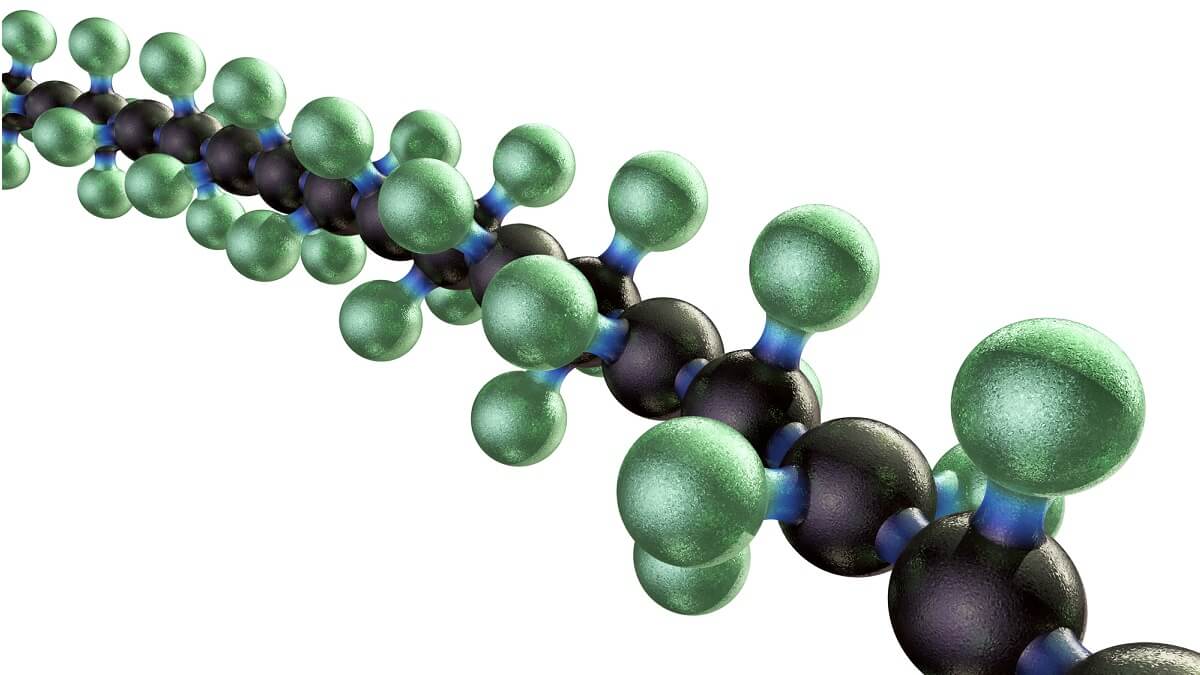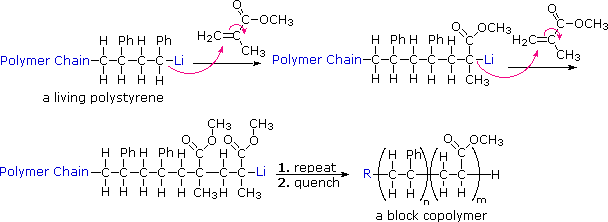Discovering the Varied Applications and Benefits of Polymers in Different Industries
Polymers, with their varied range of homes and functionalities, have become indispensable in different sectors, each gaining distinct take advantage of their application. Polymers. From improving safety and security and performance in the automotive market to transforming clinical devices in the healthcare industry, polymers play a critical role. Additionally, their environment-friendly nature is modifying the landscape of sustainability techniques. As we explore the depths of polymers in electronic devices, we reveal innovative innovations, while their structural integrity transforms the realm of building and facilities. The pervasive influence of polymers across markets is a testament to their versatility and versatility, shaping the future of plenty of sectors.
Automotive Market Applications
Polymers play a crucial duty in improving the performance and toughness of numerous parts within the vehicle sector. One prominent use of polymers in the vehicle sector is in the manufacturing of light-weight components.

Health Care Sector Benefits
In numerous health care applications, the benefits of using polymers are widely acknowledged for their varied array of valuable residential properties. Polymers play an important function in the healthcare sector because of their flexibility, biocompatibility, and cost-effectiveness. Among the primary advantages of polymers in healthcare is their ability to be tailored to particular requirements, such as versatility, sturdiness, and biodegradability, making them excellent for a variety of clinical applications.
Polymer-based products are extensively made use of in clinical devices, such as catheters, implants, prosthetics, and medicine distribution systems, due to their biocompatibility and ability to simulate natural tissues. These products can reduce the threat of sensitive reactions or beings rejected, improving person security and results. Furthermore, polymers are lightweight, making them appropriate for wearable clinical devices and guaranteeing individual convenience.
In addition, polymers allow the growth of cutting-edge therapy approaches, such as hydrogels for tissue design and nanocomposites for targeted drug delivery. Their ease of go to this website handling and sterilization makes them important for keeping high criteria of hygiene in medical care settings. Generally, the diverse benefits of polymers add significantly to developments in medical technology and individual treatment.
Ecological Advantages of Polymers

Moreover, polymers can add to energy savings because of their lightweight nature. In industries such as transport, light-weight polymer materials can help in reducing fuel usage and greenhouse gas emissions. In addition, polymers can enable the advancement of energy-efficient products such as insulation products that enhance power conservation in structures.
Furthermore, polymers play a crucial function in minimizing water pollution. The use of polymer-based filtering systems can efficiently get rid of pollutants and contaminants from wastewater, guarding water resources and ecosystems. Overall, the ecological advantages of polymers make them valuable assets in promoting sustainability and green methods across various sectors.
Polymers in Electronics and Technology
Considering the raising need for innovative and sustainable services in modern-day industries, the assimilation of sophisticated polymer modern technologies in the world of electronics and technology has arised as an essential method for driving effectiveness and efficiency. Polymers have actually revolutionized the electronics industry by read this post here making it possible for the manufacturing of lighter, more flexible, and sturdy electronic devices. From mobile phones to clinical devices, polymers play an essential duty in improving product layout and functionality.
One substantial benefit of polymers in electronics is their insulating homes, which assist secure fragile digital components from ecological factors and electrical disturbance. In addition, polymers are essential in the development of adaptable display screens, wearable innovation, and printed electronics, providing limitless possibilities for developing smart and interconnected gadgets.
Moreover, the usage of polymers in electronic product packaging has actually led to innovations in miniaturization and thermal management, boosting the overall efficiency and dependability of digital systems. As modern technology remains to advance, the versatility and versatility of polymers will undoubtedly drive better development in the electronics sector, shaping the future of modern technology.
Role of Polymers in Building and Framework
Polymers offer countless advantages in the building and construction industry due to their adaptability, resilience, and cost-effectiveness. One vital role of polymers in building and construction is their use in finishes and sealers, providing security against ecological variables such as moisture, UV visit here radiation, and deterioration.
Additionally, polymers play a crucial function in lasting building and construction techniques by allowing the advancement of energy-efficient structures. Insulating materials made from polymers help manage interior temperature levels, lowering the requirement for home heating and cooling down systems and inevitably decreasing energy intake. The usage of polymer-based compounds in infrastructure jobs such as bridges and roads enhances their longevity and lowers maintenance costs. On the whole, the incorporation of polymers in construction and facilities showcases their significant effect on modern design techniques.
Conclusion
In final thought, polymers play a vital duty in different sectors such as automotive, health care, environmental, electronic devices, and construction. From enhancing fuel performance in cars to improving medical tools, polymers provide various advantages.